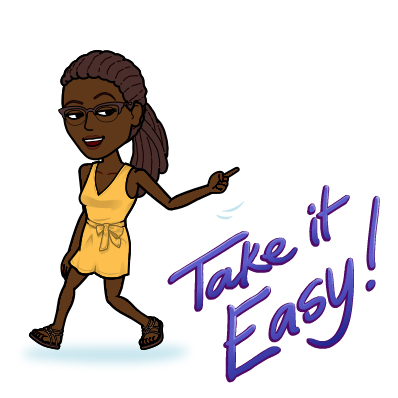My mom and aunts never forced us to go to church. Except for that one year we moved from the projects to a new apartment. My aunt seemed hell-bent on giving us the American dream. I suppose after the trauma of growing up in Robert Taylor, if she couldn’t give it to us in total, she’d try to provide us with the next best thing. To her, that meant bump beds, new clothes, our own rooms, going to church every Sunday, and choir rehearsal every Thursday like all the other “good Christian folk.”
We hated it.
The first time I got baptized, the church came to scoop the project kids up in these school buses, took us to some building, separated the girls from the boys, and made us undress and put on long, white t-shirts with no underwear.
Right.
So when the new church tried to baptize me, I was so terrified that my entire head didn’t go into the water.
Fortunately for us, that was the only time in our lives we were ever required to go. As we aged, going to church became one of those decisions we could make ourselves. We got to decide what or how we would believe. Later in life, my cousin decided to be a Jehovah’s Witness.
I think choosing our belief system and the freedom of being able to explore religion outside of Christianity was one of the healthiest things the surrounding adults could have done for us, which we totally overlooked growing up.
There was so much trauma I think we missed this critical sort of autonomy our parents afforded us. And I think they missed it too. With all the drugs and abandonment, there were still these glimmers of hope we didn’t realize were diamonds in the ruff.
To make a long story short, I’m an anomaly to most people because while I am obviously spiritual, I am not religious (and I believe there is a difference.) Because no one had ever forced religion on me, I’ve never been devout in the traditional sense. I can talk about the bible all day, but I’ve never been the “church lady,” nor do I live my life that way.
And no, you don’t have to be a Christian to be a “church lady.” Ya’ll know what I’m talking about.
I have zero interest in being the embodiment of that fake piousness too often present in mainstream religions. This pretentiousness, in my opinion, causes many to lack the ability to be relatable.
Take my most recent Instagram post, for example. (If you read this later, it’s the reel with the God Did song by DJ Khaled featuring Rick Ross, Wayne, and Jay-Z…whose part was too long and not as great as everyone says, but I digress.)
In general, I don’t listen to a lot of mainstream rap. I think most of it is trash. Give me some throwback Common or Talib Kweli. I’ll even take College Dropout Kanye.
But pairing that song with the message I had for that day (and doing it on a Sunday when most people’s minds are religiously focused), I thought it would relate to people more deeply.
And it did.
I should point out that being relatable does not mean compromising your own beliefs. I see it more like being able to connect with something others might find familiar for a greater, more clear understanding.
My internal motto is: “You (your actions, how you carry yourself, think) will be the only bible some people will ever read.”
I hope one day more of us could consider this point of view in all its layers.





